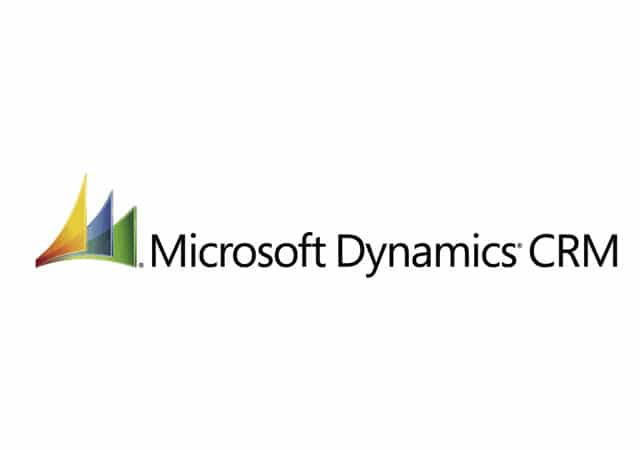A Customer Relationship Management (CRM) software is a system that automates sales and customer service processes to help companies drive growth. There are countless options of prospective services that do just that in the market today. From more recently popular cloud-based software solutions to on-premise solutions that provide a more customizable approach, it’s important to consider the pros and cons of each platform as it pertains to your specific business.
Let’s dive into one of the leading solutions in the industry, Microsoft Dynamics CRM.

Table of Contents
ToggleIs Microsoft Dynamics 365 an ERP solution or a CRM solution?
Microsoft Dynamics 365 is one of the most well-known ERP systems on the market today. They’ve positioned themselves in a way that can speak to companies that need to streamline specific elements of their business as well as companies that need to streamline it all.
In 2016, Microsoft rebranded its various ERP, CRM, and other standalone products under the Microsoft Dynamics 365 umbrella. Today, Dynamics 365 is the family of software solutions available to organizations that can either take one bite or opt-in for the whole entree. Together, all the apps make up one of the strongest ERP solutions utilized by many organizations around the world. Individually, the apps serve specific needs, such as the CRM solutions many companies utilize to track the development, conversion, and retention of new sales. For companies that are looking to streamline their sales and customer service operations, Dynamics 365 CRM is a suitable option that allows for room to grow in a seamless manner.
Added flexibility
If there is anything 2020 taught us, it’s that flexibility is absolutely paramount to the success of an organization over time. The ability to adapt processes, product lines, and operations at the drop of a hat could be what keeps your company around in the next decade. Microsoft Dynamics 365 enables that flexibility through their a la carte software solutions. The option of starting small, specifically with just Microsoft Dynamics CRM, and adding on different solutions as your company scales brings flexibility to the table that is unique.
Intuitive interface which helps with Change Management
Microsoft Dynamics 365 is one of the easier software solutions to implement into an organization. The adoption rate is often higher due to the familiarity with existing Microsoft products such as Word, Excel, and PowerPoint. There is a similar, familiar look and feel across all Microsoft products, and it translates to the Microsoft Dynamics CRM. This makes it easier and more intuitive for users to navigate the system at the time of go-live.
It’s important to consider the role this element plays in your overall organizational change management strategy. A vast majority of digital transformations fail at the time of go-live due to the low adoption rates and the pitfalls of proper organizational change management. The fact that Microsoft Dynamics CRM has a clean and intuitive user interface only help that component of your transformation, and it increases the odds that your team will take kindly to the new software.
One, unified digital interface
Microsoft Dynamics CRM might be most appealing to companies who are already operating on systems like Outlook and Microsoft Office. If you are already on the Microsoft wagon, adding a Microsoft CRM solution will bring forth a cohesive digital experience for employees, trickling down to a more cohesive customer experience as well.
On the other hand, if your company is not on the Microsoft train, then Microsoft Dynamics CRM will not mesh as seamlessly with your existing operations and software platforms. That’s not to say it won’t work, but you won’t get the same liquidity across your entire organization if you are operating on various platforms.
Cloud maturity
The one downside is that Microsoft Dynamics 365 was not natively born on the cloud. It started off as an on-premise solution, and it has quickly evolved into a cloud solution to keep up with its competitors. They came to the cloud a bit later than other CRM software companies that are native to the cloud. If the flexibility and uniformity of a cloud solution is something your company is interested in, be aware that Microsoft Dynamics CRM still has a way to go in maturing their functionalities on the cloud to match what their on-premise system can do.
Our consulting firm is known and recognized for our technology-agnostic perspective and our ongoing commitment to speaking the truth about the various software solutions available to your business. Microsoft Dynamics CRM may the right fit for one company, and may not be a fit for the next. It’s important to keep your specific business needs at the forefront when making a software selection at the start of your digital transformation journey.
If you’d like feedback on whether Microsoft Dynamics CRM is the right solution for your organization, feel free to contact me directly. I am happy to answer any questions you have about your company’s unique needs and what software would be the most fitting.





